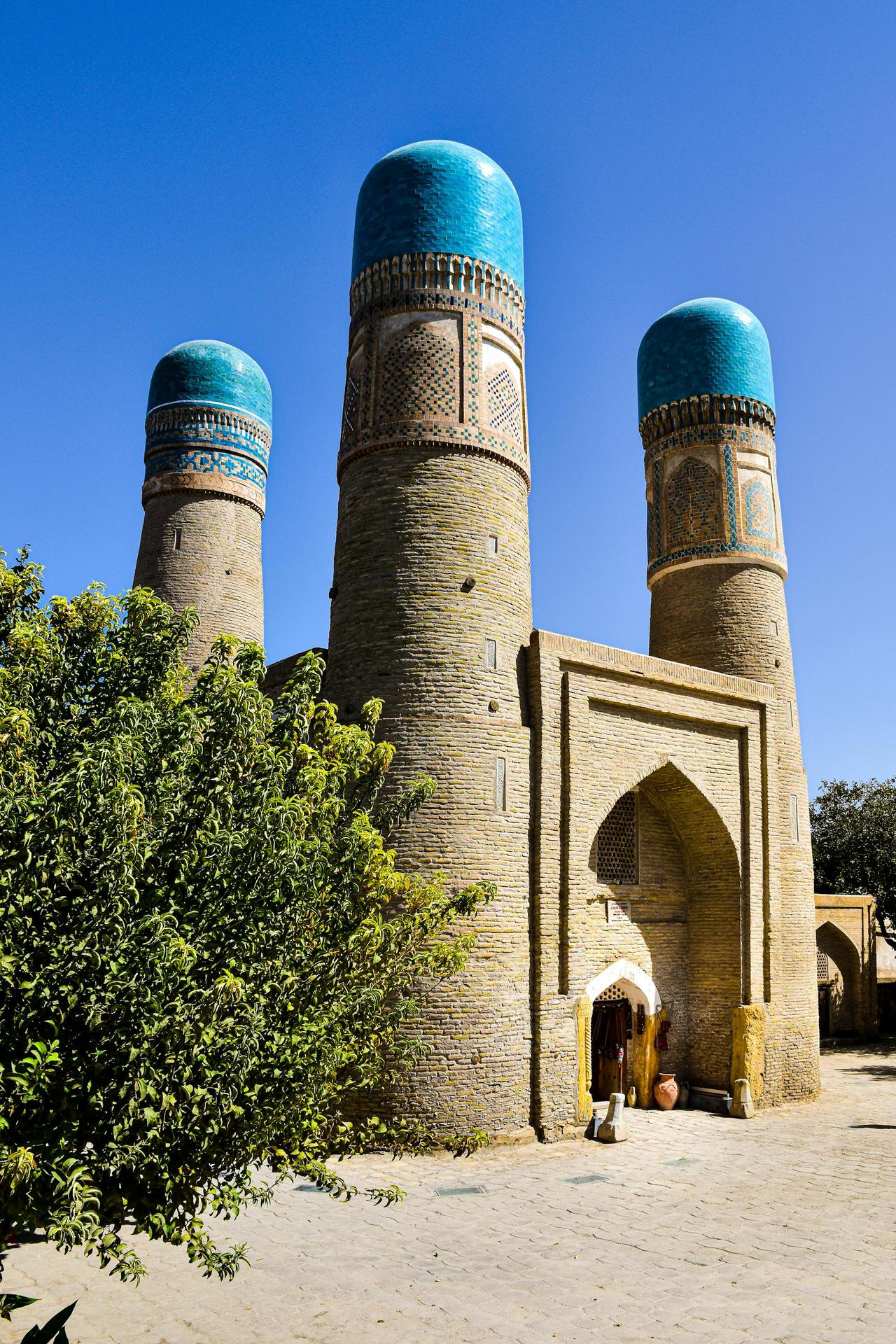-
Discover Bukhara: The Cultural Heart of UzbekistanApril 3, 2025 at 7:24 PM
Discovering the legacy of the Bukhara Emirate is not merely a journey through time; it is an invitation to experience the profound depth of history that continues to resonate in every corner of this ancient city. Bukhara, once the intellectual and spiritual capital of its region, served as a vibrant hub where scholars and poets flourished, leaving behind stunning architectural testaments like the Mir-i-Arab and Ulugh Beg madrasahs. Walking through its streets is akin to leafing through a living book, where each minaret and market stall tells stories rich with knowledge and tradition. The emirate's embrace of Islam shaped both governance and daily life, creating a society deeply rooted in faith that still influences Bukhara’s skyline today. As travelers stroll along its bustling bazaars—once vital points on the Silk Road—they can almost hear whispers of merchants negotiating deals amidst fragrant spices, connecting them to centuries-old commerce that shaped cultures across continents. The transformation from empire to UNESCO-protected treasure has not diminished its allure; rather, it has positioned Bukhara as an open-air museum where history breathes freely. Therefore, as you plan your trip to Uzbekistan, make sure Bukhara tops your itinerary; immersing yourself in this cultural jewel will undoubtedly enrich your understanding of our shared human heritage and leave you inspired by its timeless beauty.
-
Follow the Silk Road to Timeless Treasures: Why an 8-Day Uzbekistan Tour is Your Next Great JourneyMarch 2, 2025 at 7:00 PM
When people think of the legendary Silk Road, they imagine caravans, ancient cities, and the exchange of ideas, culture, and treasures. But what if we told you that you can live that history — not just read about it?
Welcome to Uzbekistan — the heart of the Silk Road, where cities like Samarkand, Bukhara, and Khiva bring history to life with breathtaking architecture, rich traditions, and unforgettable hospitality.

